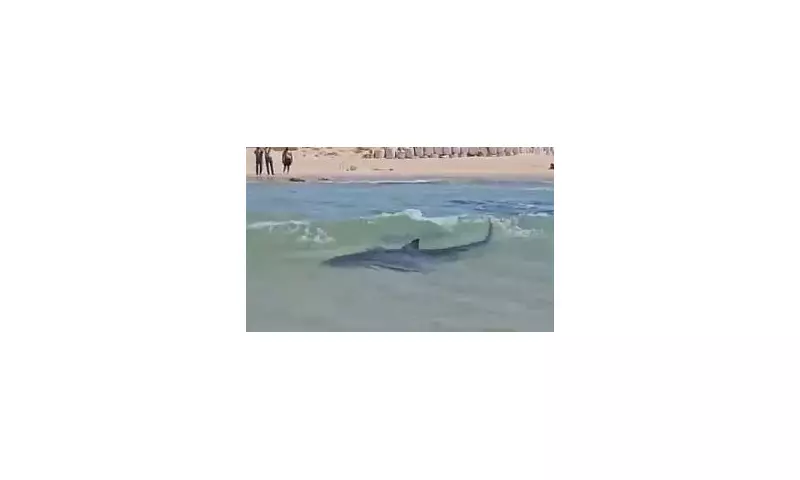
In a development that has sent shockwaves through the marine biology community, scientists are re-evaluating their understanding of shark behaviour after a supposedly harmless species was responsible for a fatal attack on a snorkeler.
A Paradigm Shift in Marine Science
The incident, which occurred during what should have been a routine snorkelling expedition, has forced marine experts to confront uncomfortable truths about predator classification. The shark species involved had long been considered non-threatening to humans, with decades of documented peaceful coexistence.
This tragic event represents the first recorded fatal attack by this particular species, challenging fundamental assumptions about marine safety and shark behaviour that have stood for generations.
Scientific Community in Crisis
Leading marine biologists have described the attack as "completely unprecedented" and "scientifically baffling." The international research community is now scrambling to understand what factors could have triggered such abnormal behaviour in a species previously documented as docile.
Several theories are being urgently investigated by research teams worldwide:
- Environmental changes affecting shark behaviour patterns
- Potential health issues in the individual shark
- Human activity impacts on marine ecosystems
- Previously misunderstood aspects of the species' natural behaviour
Safety Protocols Under Review
Coastal safety organisations and marine tourism operators are immediately reviewing their safety guidelines in response to this incident. The attack has highlighted significant gaps in our understanding of marine predator behaviour and the potential limitations of current risk assessment models.
"This tragedy forces us to confront how much we still have to learn about ocean ecosystems," noted one prominent marine researcher. "What we thought we knew about shark behaviour may need substantial revision."
Broader Implications for Marine Tourism
The incident has raised serious questions about safety protocols in marine tourism industries worldwide. Snorkeling and diving operators are now facing increased pressure to reassess their risk management strategies and educational materials for participants.
Marine conservation groups emphasise that while this event is tragic, it remains an extreme anomaly. However, the scientific community agrees that increased research funding and monitoring are urgently needed to better understand these complex marine predators.
The global marine biology community has pledged to conduct comprehensive studies to prevent future tragedies while maintaining balanced perspectives on shark conservation and human safety.





